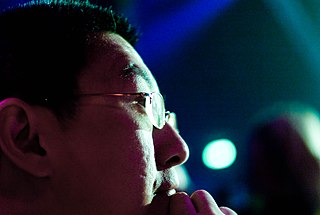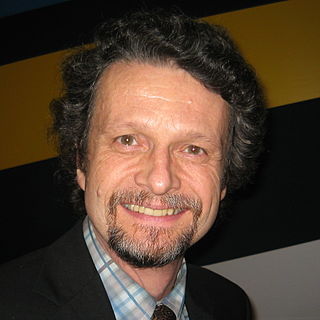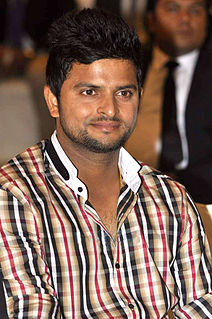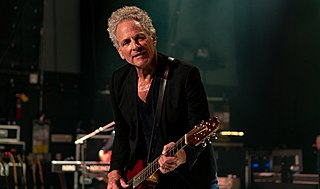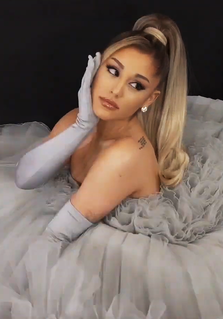A Quote by Victor Koo
While we can learn from U.S. models, we certainly can't practice them.
Related Quotes
I think we have powerful role-models among us in the American West. Certainly the Hopis, a timeless civilization that understands sustainability and what that means about living in harmony, in tandem with the natural world. We have much to learn from them, and they will survive us, I feel certain about that.
To think that practice and realization are not one is a heretical view. In the Buddha Dharma, practice and realization are identical. Because one's present practice is practice in realization, one's initial negotiating of the Way in itself is the whole of original realization. Thus, even while directed to practice, one is told not to anticipate a realization apart from practice, because practice points directly to original realization.
We all learn best in our own ways. Some people do better studying one subject at a time, while some do better studying three things at once. Some people do best studying in structured, linear way, while others do best jumping around, surrounding a subject rather than traversing it. Some people prefer to learn by manipulating models, and others by reading.
